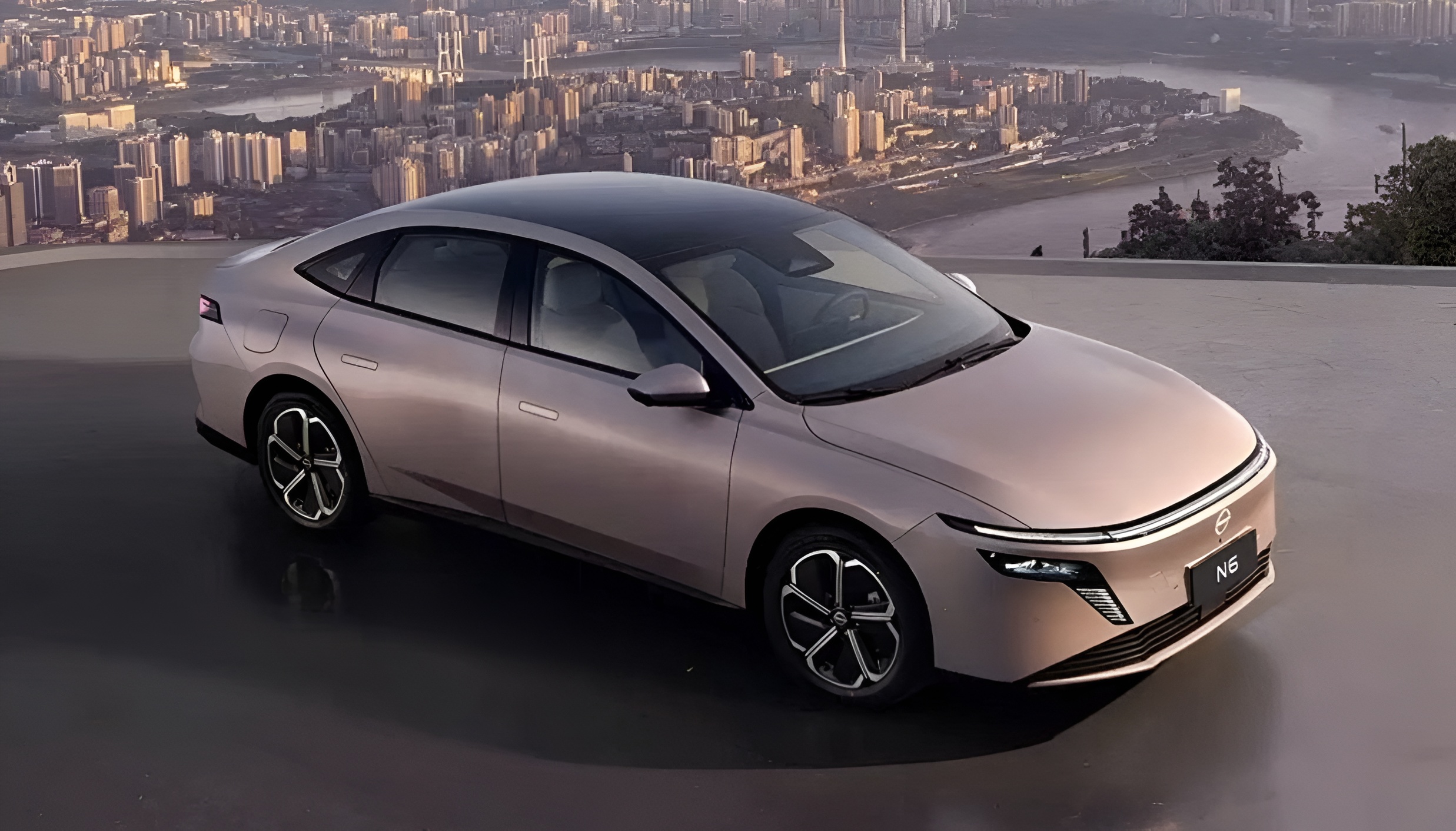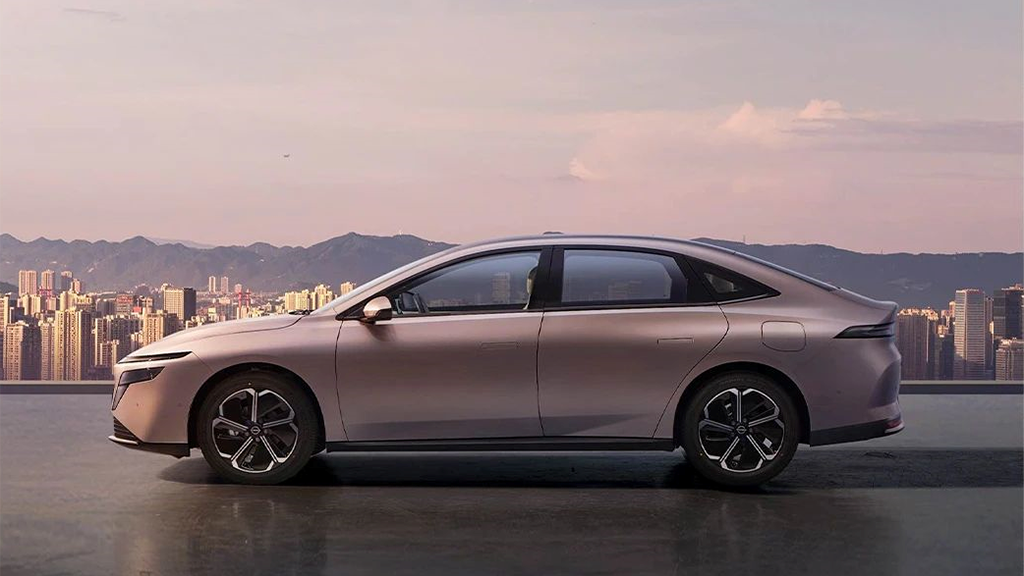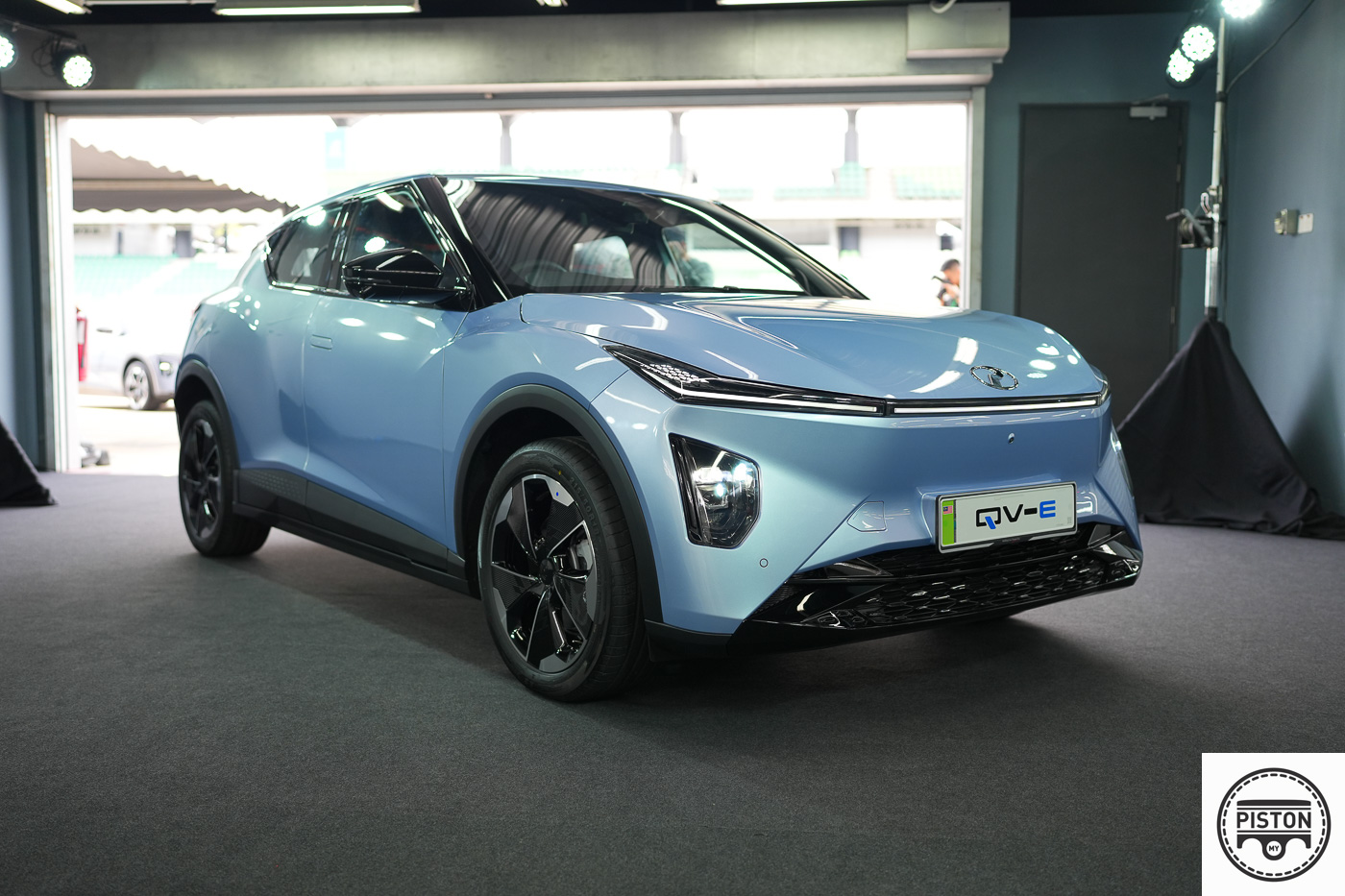Proton has opened its Centre of Excellence in Shah Alam to the public for a three-day Proton Technology Showcase, turning the usually quiet headquarters into a hub of discussion, demonstrations and early previews of the brand’s next phase of development. The event was officiated by Proton’s Chief Executive Officer, Dr Li Chunrong, together with Deputy CEO, Dato’ Abdul Rashid Musa, who both highlighted that the showcase reflects how far the company has progressed under the partnership between DRB-HICOM and Geely.
Visitors are being given rare access to the engineering work taking place behind the scenes, with a wide range of displays covering electrification, intelligent connectivity and next-generation powertrains. The centrepieces include the GMA platform, Proton’s Short Blade Battery technology and the brand’s latest plug-in hybrid engine and transmission. ACO Tech is also present with demonstrations of its augmented reality and artificial intelligence systems, offering a glimpse of how Proton will integrate smarter connectivity into future vehicles.
Proton has brought along its full line-up, ranging from the X50 to the new e.MAS 5 and the latest Proton Saga, but the main pull for many is the appearance of a model set to be launched in early 2026, shown publicly for the first time. Proton also surprised visitors by revealing the upcoming Proton eMas 7 PHEV for its first official public appearance, marking an important addition to the company’s expanding electrified range.




























